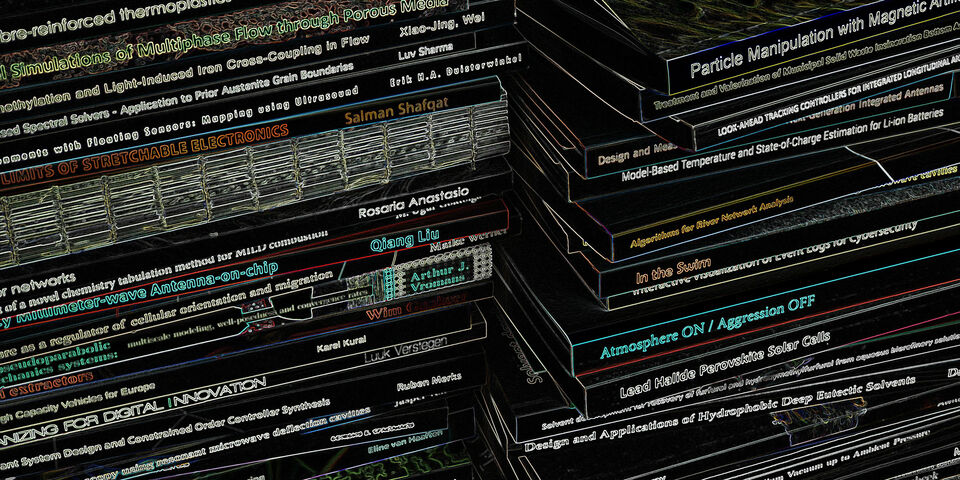Groningen is conducting a major experiment with its PhD system: unlike at other Dutch universities, some 850 PhD students are not employees, but students. They receive a scholarship instead of a salary.
According to the manifesto, this has adverse effects on the research, private lives and careers of these PhD students. “We are not paid for our educational work, we do not enjoy the same legal protection as employed PhD students, and are at a serious financial disadvantage. This is all due to our student status."
Compensation
The students want to become employees now, according to the manifesto. In addition, they want compensation for the loss of income during their time as non-employed PhD students. The manifesto has been signed by 150 people so far, 43 per cent of whom are listed as PhD students.
The manifesto is supported by interest representatives of PhD students at faculties in Groningen, as well as PNN (PhD Network Netherlands), PostdocNL, student organisations ISO and LSVb, and trade unions VAWO, FNV and CNV, among others. The WOinActie (Scientific Education in Action) protest movement also supports the manifesto.
Because their student status makes PhD students cheaper, the university can appoint more people. This set-up allegedly gives PhD students more freedom. "They write their own research plan, based on their scientific curiosity," according to the university. "Although they are not required to teach, they can do so as part of their education."
The authors of the manifesto hold a different view: "The promised benefits of the experiment do not outweigh the disadvantages, and are often entirely absent."
Most universities were not keen on the experiment. Apart from University of Groningen, only Erasmus University Rotterdam is participating, with fifteen PhD students. Although Minister of Education Ingrid van Engelshoven initially did not want to extend the experiment, she eventually opened a new application round at the insistence of the House of Representatives.
Prevention
This is why the PhD students decided to present their manifesto. They hope other universities will pass up the second round. "We want to prevent the continuation of this experiment."
Why hasn't every PhD student in Groningen signed yet? "We wanted to keep the manifesto under the radar for as long as possible," says PNN chairperson Lucille Mattijssen. "That wouldn't have worked had it been distributed among 850 PhD students." She cannot say for sure how many PhD students will eventually sign. “A statement of support could lead to reprimands or a disrupted relationship with a supervisor, so we are not expecting everyone to sign. But we have broad support."
University of Groningen still fully supports the idea of PhD students. "We thanked them for the manifesto," says a spokesperson. "We will certainly look into it and invite them for a talk."


Discussion